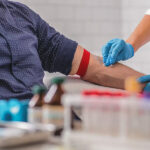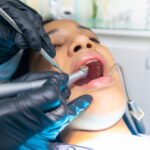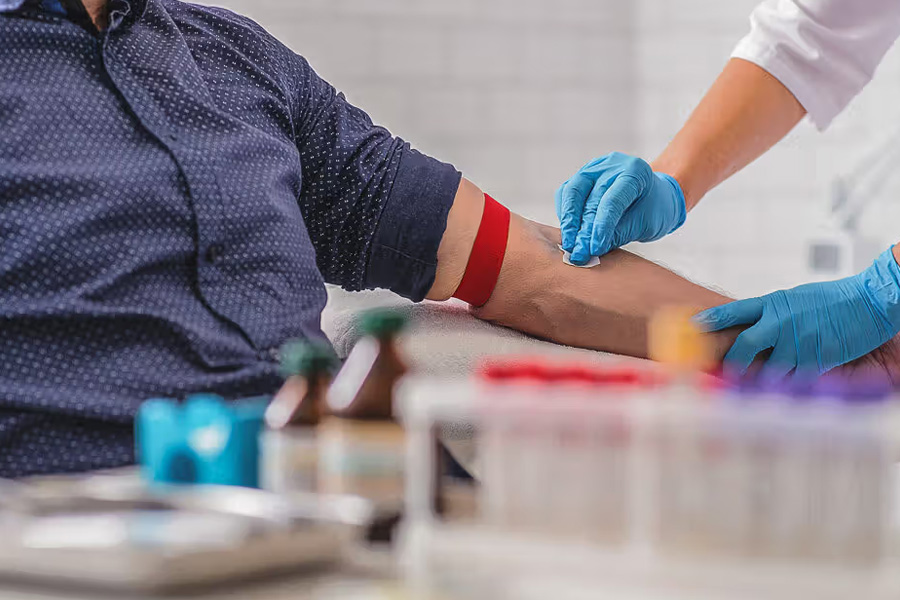Why Diabetes Screening is Important
Diabetes is one of the most prevalent chronic diseases among Filipinos today. Busy lives, high-sugar foods, and increasing cases of sedentary lifestyles make early detection more crucial than ever. Diabetes screening identifies those with risk factors prior to developing symptoms, enabling timely lifestyle changes and medical interventions. In the Philippines, screening is more accessible now through hospitals, clinics, and online health platforms such as NowServing, so you can now more easily take healthy steps for your body.
What Happens During a Diabetes Screening
A diabetes screening is a relatively quick blood test to check glucose levels. Based on your doctor’s suggestion, you may get one or some of the following tests:
- Fasting Blood Sugar (FBS): Tests blood sugar after fasting for a minimum of eight hours.
- HbA1c Test: Shows your three-month average blood sugar level.
- Oral Glucose Tolerance Test (OGTT): Tests how your body handles sugar after consuming a glucose drink.
These tests give your physicians important information about your chances of getting diabetes or diagnose whether you already have it.
Who Should Get Screened
Screening is not only for those who are ill. All persons above 40 years or with a history of diabetes in their families are advised to get screened periodically. Overweight persons, those with a sedentary lifestyle, and those who have high blood pressure and cholesterol levels are also at risk. Pregnant women are also especially recommended to have gestational diabetes screening done during the second trimester to ensure both mother and child health.
When and How Often You Should Get Tested
Annual screening is recommended for adults with risk factors by medical experts. But if you already have prediabetes or experience early symptoms like frequent urination, thirst, or tiredness, your physician might recommend more frequent screening. Early screening can help avoid complications like nerve damage, kidney disease, and vision problems.
Where to Get Diabetes Screening in the Philippines
Filipinos can now conveniently avail themselves of diabetes screening in the Philippines via the following channels:
- Public health hospitals and local health centers usually provide low-cost or at-cost tests.
- Private clinics and diagnostic labs ensure quicker results and full packages.
- Online booking websites such as NowServing allow you to book an appointment with accredited medical professionals nationwide, ensuring convenience and reliability.
Electronic healthcare services have made routine medical testing easier to access, and preventive care has become more accessible to all.
Costs and Accessibility
The price of a diabetes screening test is also determined by the facility and the type of test. FBS tests can begin at about ₱200, while OGTT and HbA1c can range from ₱500 to ₱1,200. Some health maintenance organizations (HMOs) or corporate wellness plans may subsidize these tests as part of preventive health packages.
How to Prepare for a Screening
Before your appointment:
- Avoid eating or drinking anything except water for at least 8 hours if you’re doing a fasting test.
- Inform your doctor about any medications or supplements you’re taking.
- Wear comfortable clothing and bring a valid ID and doctor’s referral, if needed.
Proper preparation ensures accurate and reliable test results.
Taking Action After Your Results
When you get your test results, consult with your healthcare provider. If your readings are normal, just keep on eating well and living healthy. If they’re abnormal, don’t worry — prediabetes can still be reversed in many instances with early intervention and lifestyle modification. Sites like NowServing enable you to consult with experts for customized advice, treatment, and routine follow-ups.
Empowering Filipinos Through Preventive Health
Getting screened for diabetes is not only a matter of medical need — it’s a promise to long-term health. Early detection is the key to saving lives, avoiding complications, and giving people the power to control their health. With easy access to diabetes screening in the Philippines, there’s no better time than now to put your health first and be one step ahead of the illness.






















Add Comment